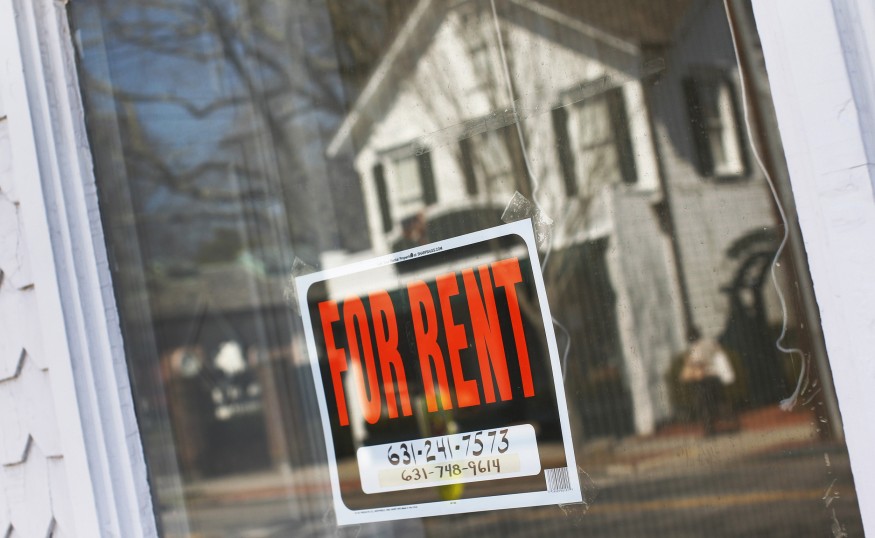
Real estate transactions involve substantial financial commitments, making them a prime target for fraudsters looking to exploit unsuspecting individuals. This makes it even more important for homebuyers and investors to know how to prevent falling victim to fraud.
To help you safeguard your investment and ensure a secure property transaction, here are five crucial tips to prevent real estate fraud.
Verify the Identities of All Parties Involved in the Transaction
One of the most effective ways to prevent real estate fraud is to meticulously verify the identities of all parties participating in the transaction, including the seller, buyer, and real estate professionals.
At the start of the transaction, request and confirm government-issued identification, then cross-reference it with public records and online databases. Real estate professionals, such as agents and brokers, should be licensed and accredited. Additionally, when dealing with individuals, ensure their legitimacy by checking their background and reputation in the industry.
Review All Documents Before Signing
Never underestimate the importance of thoroughly reviewing all documents related to your real estate transaction before putting pen to paper. Fraudsters may slip in deceptive clauses or manipulate terms in contracts. As such, take the time to understand the content. Seek legal advice from a real estate lawyer if necessary to ensure all details align with your expectations. This extra precaution can prevent you from falling victim to schemes involving forged signatures or altered agreements.
Only Use Secure Payment Methods
When it comes to real estate transactions, secure payment methods are non-negotiable. Avoid making payments through untraceable or non-secure channels. Wire transfers are common in real estate transactions, but always double-check the recipient's details and legitimacy. Fraudsters often attempt to reroute funds through deceitful means, so be vigilant and confirm transaction details with all parties involved before making any payments.
Be Wary of Unsolicited Offers
Fraudsters often target individuals with unsolicited offers that seem too good to be true. Whether it's an unexpected email, phone call, or an attractive online advertisement, exercise caution. Research the source of the offer, verify the legitimacy of the property and the individuals involved, and refrain from sharing sensitive information until you are confident in the authenticity of the deal.
Report Any Suspicious Activities to Authorities
If you encounter any red flags or suspicious activities during your real estate transaction, do not hesitate to report them to the relevant authorities. Prompt reporting can prevent further fraudulent activities and protect others from falling victim to the same schemes.
© 2025 Realty Today All rights reserved. Do not reproduce without permission.



